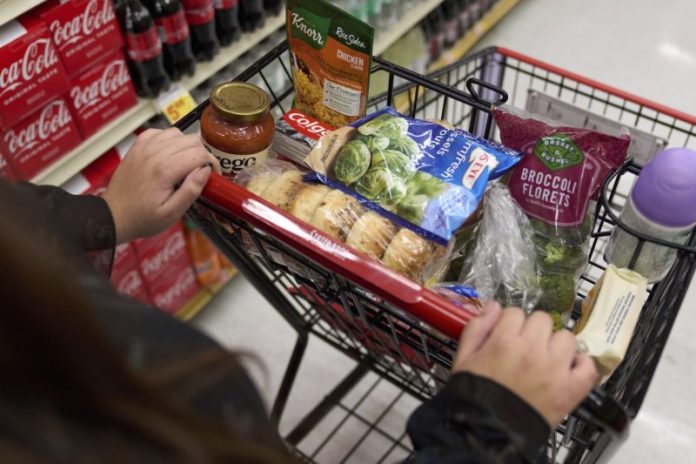
Most Americans say people’s personal choices play a major role in determining whether they stay in poverty, according to a new poll released Monday.
In the UChicago Harris/AP-NORC poll, 62 percent of respondents say personal choices are a “major factor” in why people stay in poverty, while 31 percent say they’re a “minor factor” and 6 percent say they’re not a factor.
Those who say people’s personal choices play a major role in poverty include 77 percent of Republicans, 56 percent of independents and 49 percent of Democrats.
No other option is deemed significant by a majority of respondents.
A plurality of respondents, at 46 percent, say “systems that are unfair” play a major role in keeping people in poverty — including 66 percent of Democrats, 52 percent of independents and 27 percent of Republicans.
Meanwhile, 37 percent overall say unfair systems play a minor role, and 15 percent say they play no role.
Just as many people say a “lack of government support’ plays a major role as those who say it plays a minor role, at 41 percent each, while 17 percent say it’s not a factor.
Among those who say insufficient government aid drives poverty include 61 percent of Democrats, 45 percent of independents, and 21 percent of Republicans.
And only 19 percent say “bad luck” plays a major factor—including just 25 percent of Democrats, 17 percent of Republicans and 14 percent of independents.
At the same time, however, a slim majority — at 54 percent — say the government is spending too little on assistance for those in need, while 22 percent say the government is spending too much, and the same share say the government is spending the right amount.
Bruce Meyer, a professor at the University of Chicago Harris School who helped craft and analyze the poll, told The Associated Press, “It seems like people are a little conflicted.”
“I think people probably realize, in part at least, the complexity of what leads people to get in trouble in terms of their economic circumstances,” he continued. “And I think a lot of people are generous at heart and will help people out and think the government should as well, even when individuals aren’t blameless.”
The survey includes 1,121 adults and was conducted by the University of Chicago Harris School of Public Policy and The Associated Press-NORC Center for Public Affairs Research on Aug. 21-25. The margin of error is 4 percentage points.

